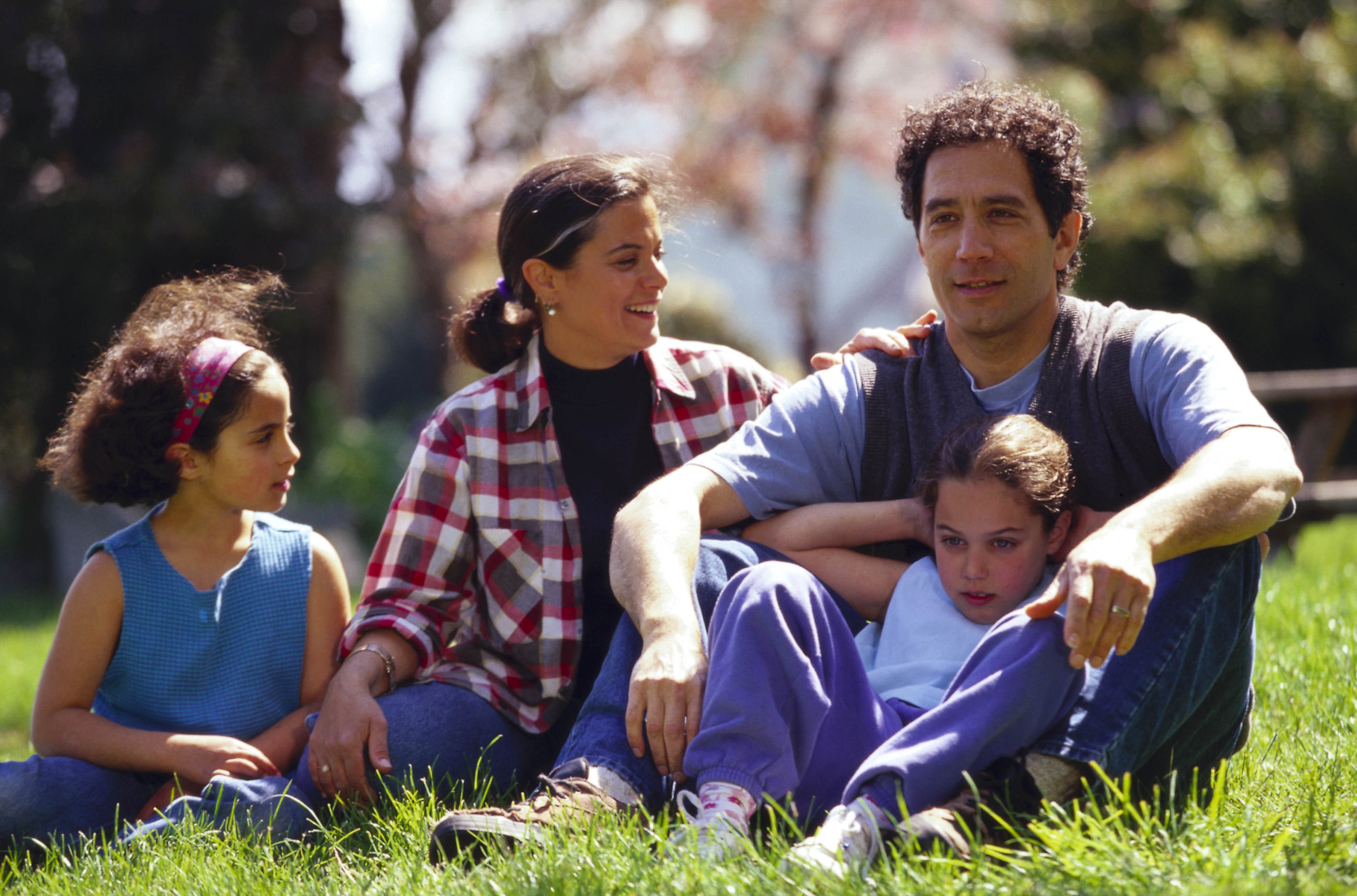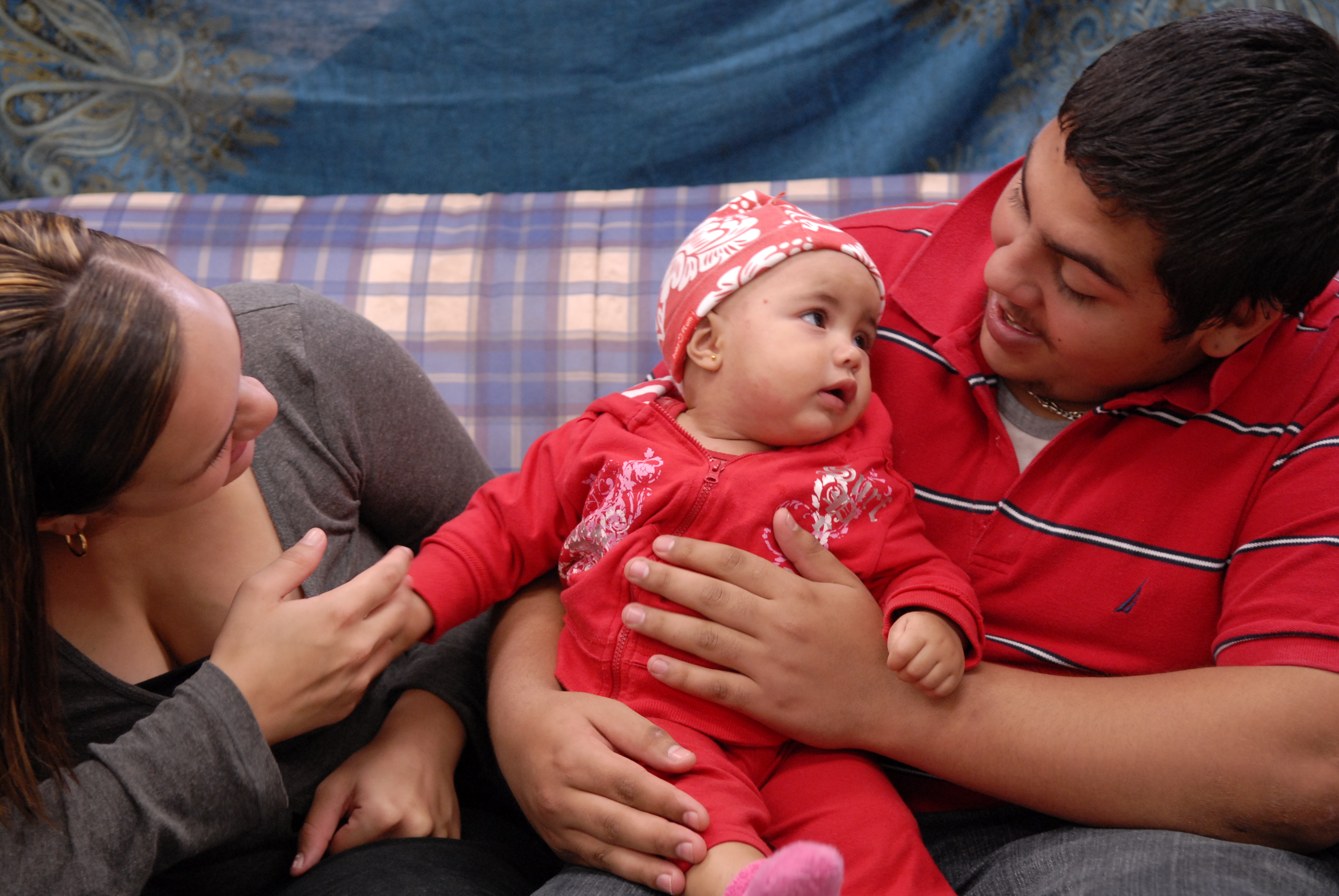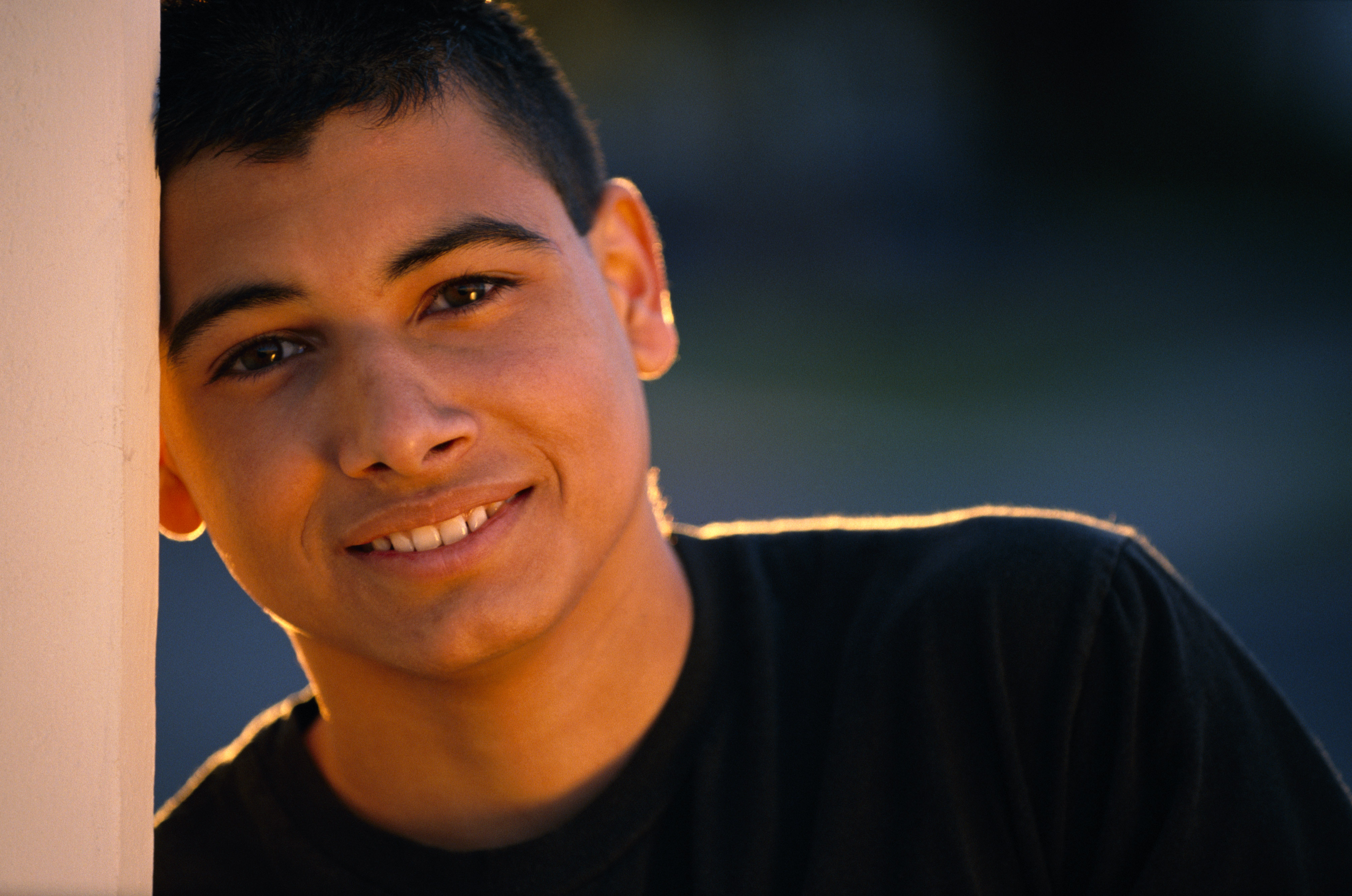Information for participants
Pathways of Care Longitudinal Study collects first-hand accounts about the development and well-being of children from 9 months of age.
General information for all participants

The data collection to date includes six rounds of face-to-face interviews with caregivers, activities with children over three years of age and a short interview with children and young people over seven years of age. Birth parents and adoptive parents are invited to take part in the interviews if the child(ren) is restored or adopted during the study.
The NSW Department of Communities and Justice (DCJ) researchers contact every caregiver to seek their permission to securely transfer their contact details to Ipsos/I-view (an independent data collection agency that specialises in social research data collection, www.ipsos.com.au) and this is referred to as an 'opt-in' recruitment process.
The interviews are conducted by trained interviewers from Ipsos/I-view. The interviews are crucial to the study where detailed information is collected on the characteristics, needs, experiences and outcomes of the children.
Information about the study is available to participants:
- children and young people
- carers
- parents
- caseworkers
- childcare and school teachers
If you are part of this Study, please let the researchers at DCJ or Ipsos/I-view know if you change your address or phone number so we can keep in contact with you.
For children and young people
For detailed information about the study and to find out more about what is involved:
- watch the 5-minute Study video
- read the postcard
- read the brochure
If you are a child or young person aged 7 years or older taking part in the study you will receive a postcard before each interview conducted every 18-24 months.
If you agree to be interviewed, the interviewer will ask you if you have any questions about the study before you start. You will then be asked to sign the agreement form.
The longitudinal study completed the 5th round of interviews in December 2020. The interview included some activities and some questions that take about 30 minutes to complete. All children and young people who participated in the Study were given a Certificate of Research Participation. The 6th round of interviews are currently taking place until the end of 2023.
If you turn 18 during the study, you will be invited to stay in the study and complete a questionnaire about how you are going from 2021.
Helpful resources
- Charter of Rights booklets and videos for 7-12 year olds and 13-17 year olds
Information to help children and young people in care understand and advocate for their rights - Charter of Rights for care leavers
Find out what your rights are when you leave out-of-home care (OOHC). - YOU booklet and website
A new resource for young people in care planning for their future - Go Your Own Way workbook
CREATE kit for young people 15-25 years transitioning to independence - POCLS Useful contacts
List of useful community and government organisations for people in the study - Your Next Step
- Information for young people leaving care. PDF, 5606.77 KB
Where you can get support
Your caregiver or caseworker
CREATE Foundation: An organisation for children and young people in care
Phone: 1800 655 105 or 02-9267-0977
Kids Helpline: For young people aged 5-25 years
Phone: 1800-55-1800
Headspace: For young people aged 12-25 years
Phone: 1800-650-890
Lifeline:Crisis support for all ages
Phone: 131114
Beyond Blue: Support for all ages about mental health
Phone: 1300-22-4636
If you are part of this Study, please let the researchers at DCJ or Ipsos/I-view know if you change your address or phone number so we can keep in contact with you.
For carers

For more detailed information about the study:
- watch the Study video
- read the postcard
- read the brochure
- read the letter of support from AbSec for Aboriginal participants
- read the letter of support from CREATE
- refer to the Frequently Asked Questions.
Caregivers including foster carers, relative or kinship carers, residential care workers and adoptive parents of children and young people aged 9 months to 17 years will be invited to complete a face-to-face interview at 18-24-month intervals during the study.
If you agree to take part in the study, you will receive a brochure and consent form before each interview. If you have children or young people older than seven years taking part in the study, you will be given information about the questions asked during their interview. See the questions given to 7–11 year olds and 12–17 year olds.
The longitudinal study completed the 5th round of interviews in December 2020 and the 6th round of interviews are currently taking place until the end of 2023.
As part of this study we collected the teacher's view of how your child was progressing at school during the 2nd to 4th round of interviews if the caregiver gave written consent for the teacher survey.
Important documents:
- Information statement and consent form for carer - to take part in the interview
- Questions asked of children aged 7-11 years old (previous waves)
- Questions asked of children aged 12-17 years old
- Questions asked of child care workers and teachers
Helpful resources
- Raising Them Strong
Information for Aboriginal carers. - Leading the way PDF, 5568.55 KB
Resource for carers - POCLS Useful Contacts PDF, 419.2 KB
List of useful community and government organisations for people in the study
Where can you get support
My Forever Family NSW: Provides all foster, kinship and relative carers across NSW access.
Phone: 1300 782 975
Aboriginal Statewide Foster Care Support Service (ASFCSS): Provides telephone advice for kinship, relative and foster carers of Aboriginal children in out-of-home care.
Phone: 1800-888-698
If you are part of this Study, please let the researchers at DCJ or Ipsos/I-view know if you change your address or phone number so we can keep in contact with you.
For birth parents

For more detailed information about the study:
- watch the Study video
- read the postcard
- read the brochure
- read the letter of support from AbSec for Aboriginal participants
- read the letter of support from CREATE
- refer to the Frequently Asked Questions.
Parents who have had their child(ren) restored will be invited to join in the study and complete a face-to-face interview at 18-24 month intervals during the study.
You will be given a brochure and consent form before each interview. If your child(ren) is older than seven years, you will be given information about the questions in their interview. See the questions given to 7–11 year olds and 12–17 year olds .
The longitudinal study completed the 5th round of interviews in December 2020 and the 6th round of interviews are currently taking place until the end of 2023.
Important documents
- Information statement and consent form for parents
- Questions asked of children aged 7-11 years olds
- Questions asked of children aged 12-17 years olds
Helpful resources
- POCLS Useful Contacts PDF, 419.2 KB
List of useful community and government organisations for people in the study
Where can you get support
Family by Family: A network of families helping other families make changes they want to make in their lives.
Phone in NSW: (02) 9628 5872
Relationships Australia: Relationship support services.
Phone: 1300 364 277
Parent Line: Telephone counselling, information and referral for parents and carers of children 0–18 years in NSW.
Phone : 1300 100 052
For caseworkers and teachers
Caseworkers
An online caseworker survey is part of the Pathways of Care Longitudinal Study. It is very important that both DCJ and NGO-funded service providers are represented in this research study. This feedback loop is critical to ensure OOHC policies, practices and service provision improve child outcomes.
For more detailed information about the study watch the Study video.
Survey details of the final orders cohort (n=2,828) were distributed to DCJ and NGO caseworkers. Letters were sent to 151 CSCs and NGO offices across New South Wales.
The caseworker survey was run from May 2015-April 2016, with a total of 1625 surveys completed. This survey is now closed.
Please refer to the Frequently Asked Questions for information about the caseworker survey.
Helpful resources
Childcare and school teachers
An online teacher survey is part of the Pathways of Care Longitudinal Study. It is very important to hear from teachers about how the children and young people are going at childcare and school.
For more detailed information about the study watch the Study video.
A total of 771 of 1,789 childcare and school teachers completed the on-line survey during Wave 2 to Wave 4. The cross-sectional survey commenced in November 2013 and ended in November 2018. This survey is now closed.
Written consent for the teacher (childcare or school) was provided by the child/young person’s caregiver.
Information about the online survey:
